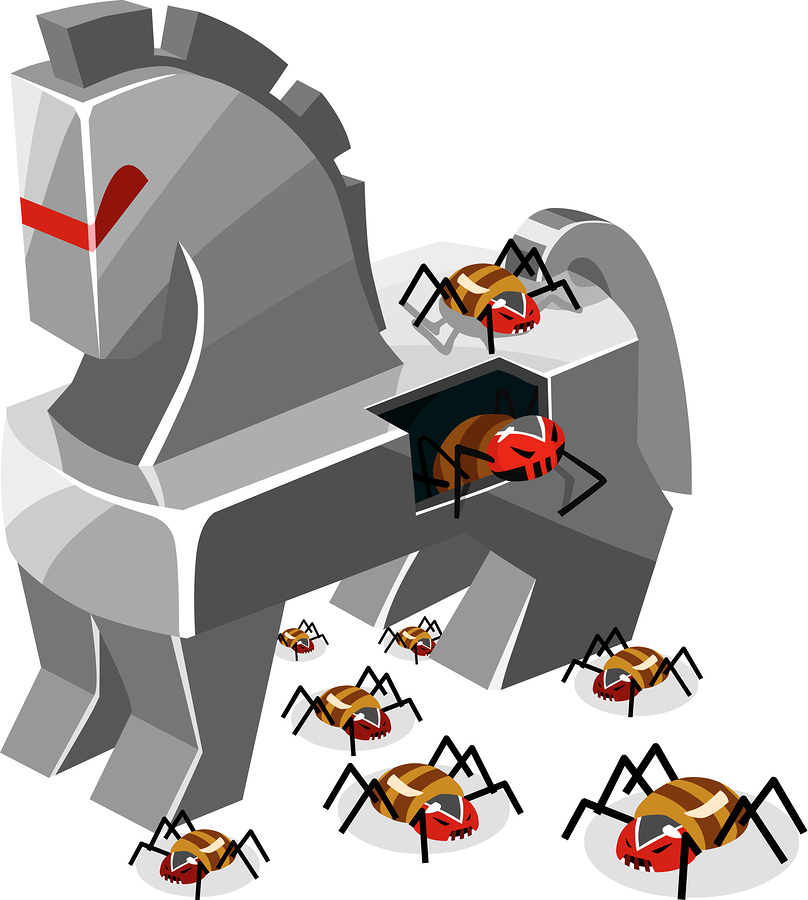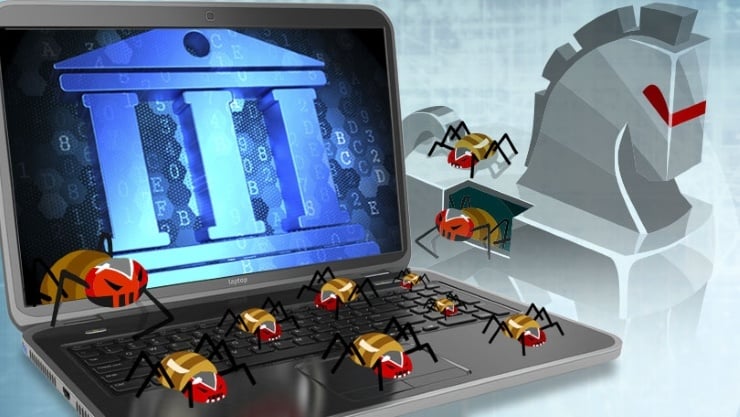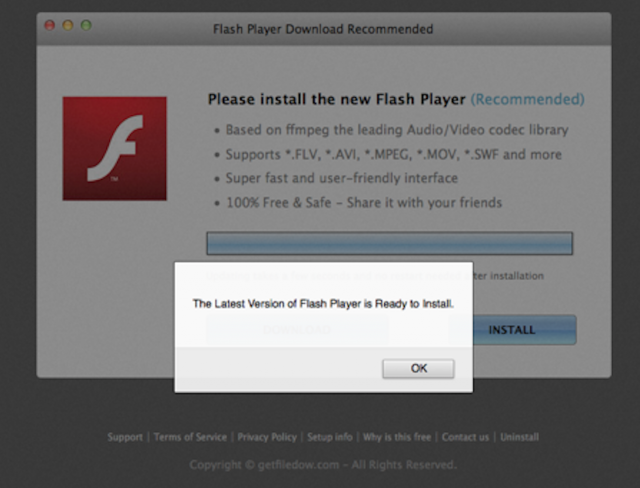Dridex’s newest campaign steals credit card information using an Automatic Transfer System (ATS) mechanism. The malware is capable of compromising users’ credentials to hijack an end user session to…
With the Dyre Banking Trojan going silent or being completely shut down in early 2016, we shouldn’t be surprised that other banking Trojans have emerged. Android/Spy.Agent.SI and GozNym have been the…
Eastern European Bank Robbers Nab $4m in 3 Days with GozNym Banking Trojan
When the average end user discovers an injection on their system it’s more or less treated as a minor annoyance. They’ll receive a prompt - “Your Antivirus has detected (bad stuff)” and was…
Antivirus for CryptoWall – Why Didn’t It Work?
CryptoWall, CryptoLocker and Locky are all variants of the same type of infection known as ransomware. Ransomware is designed to do just what it says, to hold your digital assets for ransom. It might…
Cerber: Ransomware Speaks Bitcoin Demand
A new form of ransomware has emerged called “Cerber” that not only encrypts your files but will also use a text-to-speech function to read the ransom demand out loud to you. The ransomware is thought…
.om Typosquatting Malware
With the daily emergence of new hacking tools such as cryptowall, ransomware and phishing attacks, it looks like hackers are hoping you forgot about a common mistake some may make daily; typing…
Ransomware: The Threat is Real
2016 will be remembered as the year of Ransomware. We have already seen two major hospitals literally shut down for days by cyber criminals that held their data hostage, including patient records.…
Assume Breach - A New Approach To Security
Traditional computer security has focused on protecting the perimeter. While this is still a vital practice, focusing on this alone has ultimately proved unsuccessful. Day after day, high profile…
Why Didn’t My AntiVirus Detect Cryptowall….again!?
I’ve previously written an article about why antivirus (AV) software has such a difficult time detecting cryptolocker, cryptowall, and other ransomware when it infects a network. I had expected that…










